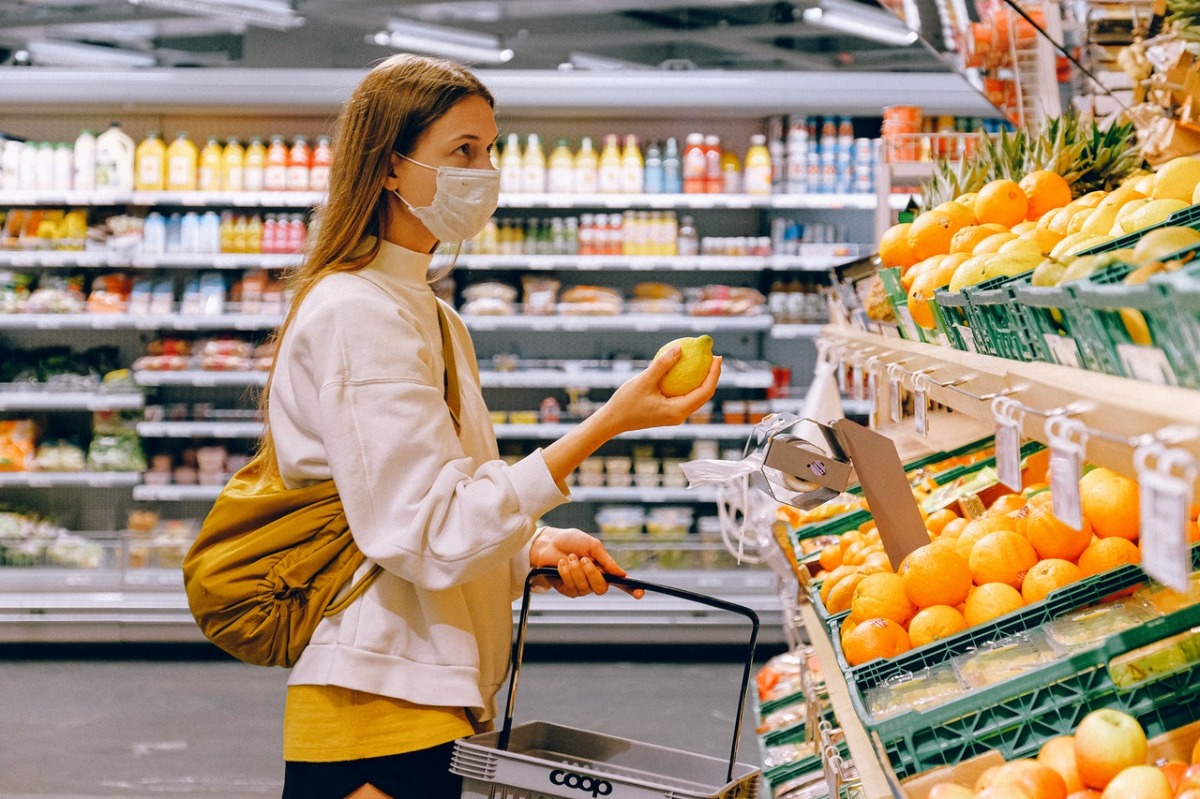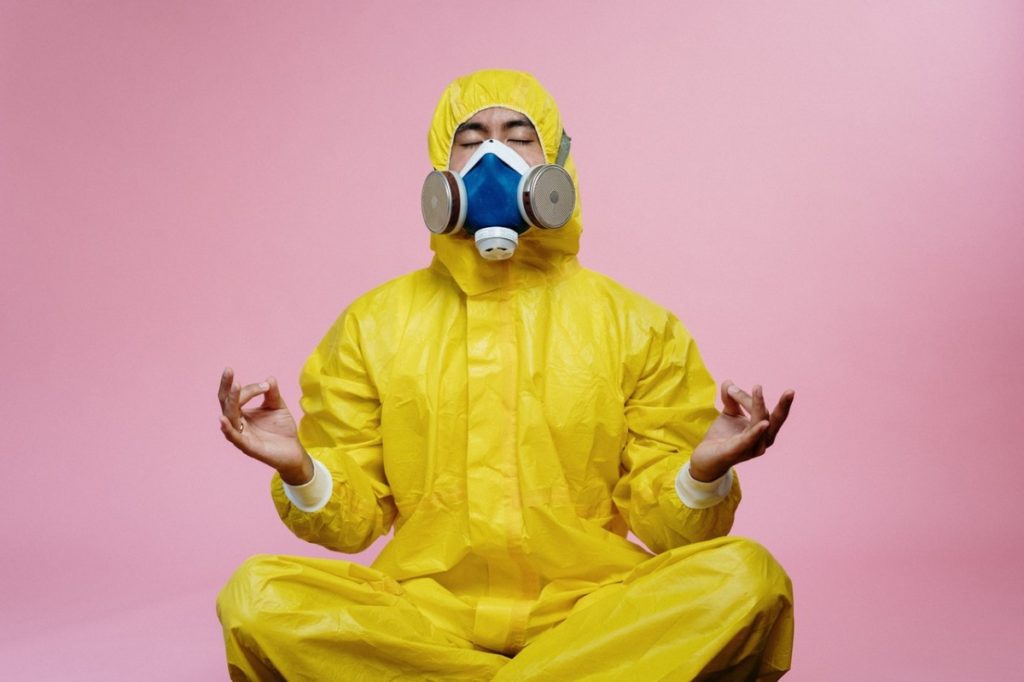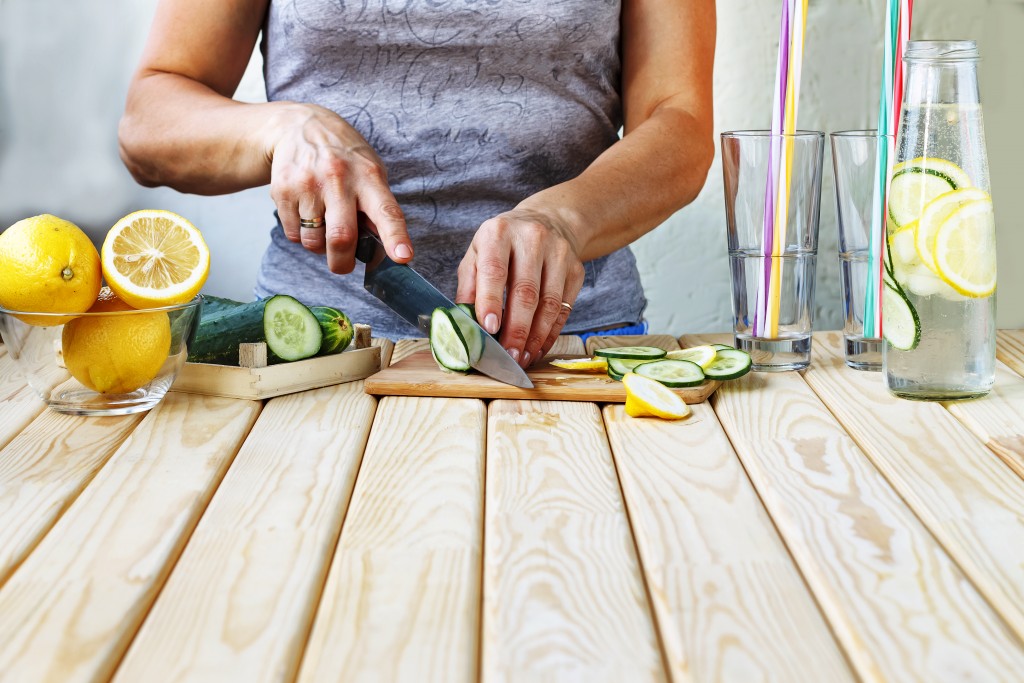The U.S. government reported that as of March 31 this year, more than half a million or 564,138 Americans died from the coronavirus. There is widespread grief even among those who did not lose a loved one. People fear for their lives and the lives of others. As of April 4, only 18.5 percent of the U.S. population received vaccinations.
A March report by McKinsey noted that more infectious mutations of Covid-19 are emerging in the U.S. and there is still no data on the effect of vaccines against severe disease from these new variants. If the vaccines prove to be less effective against these strains, the McKinsey report expresses concern that it can delay the ending of the pandemic.
The Centers for Disease Control and Prevention (CDC) reports that adults in the U.S. with symptoms of depression or anxiety increased from 36.4 percent in August 2020 to 41.5 percent in February 2021. The highest increases are among adults aged 18 to 29, and those who did not reach high school.
Effects of Poor Mental Health
According to a report by the Association for Psychological Science published in Perspectives on Psychological Science, there is a cyclical relationship between the pandemic and poor mental health. The pandemic is intensifying the risk factors that cause a mental health crisis, with stress, isolation, loneliness, and uncertainty for the future leading to depression, anxiety, and poor health behavior such as lack of physical activity and sleep.
According to the lead author of the paper, The Ohio State University researcher Annelise Madison, poor mental health from emotional stress impairs the immune system and its ability to fight infection. This makes the body more vulnerable to coronavirus infection amid the pandemic.
Emotional stress and poor health behavior can also decrease the effectiveness of certain vaccines, with a slower response, a longer time to develop immunity and a shorter duration of immunity.
The researchers suggest immediate psychological and behavioral intervention, such as a vigorous exercise regimen and good sleep, to improve the body’s responsiveness to the vaccine.

Boosting Your Immune System
Heed the advice of experts and have a complete exercise regimen to strengthen your defenses against Covid-19. The Centers for Disease Control and Prevention (CDC) recommends a minimum of 150 minutes of moderate aerobic exercises done in 30-minute sessions throughout the week, combined with two days of muscle-strengthening exercises every week.
You do not need gym equipment to do these. Walking, jogging, and dancing are aerobic exercises. Bodyweight exercises such as pushups, planks, squats, and lunges are muscle strengthening. You can find other exercise routines online.
If you are a beginner, start with the minimum recommendation or even less, depending on what your body can handle. Progress to longer durations and more difficult exercises slowly to avoid injury.
Exercise will make you sleep better at night, but you must also help your circadian rhythm get back on track. The body’s natural sleeping and waking pattern relates to night and day so you can induce good sleep by keeping your bedroom completely dark when you go to bed. Use blackout curtains if there are lights outside your window.
Eat a balanced and healthy diet that is heavy on fresh vegetables, fruits, whole grains, and beans. Choose organic food and avoid overprocessed products, junk food, too much sugar, too much salt, and too much alcohol.
When people are depressed and anxious they often neglect their personal hygiene and appearance. On the other hand, pulling yourself out of that slump and attending to your personal needs will lift your mood.
Pamper yourself and add a little extra to your usual routine. Get yourself some aromatherapy soaps and shampoo to make your bathroom smell like a spa. Do not just brush your teeth; get a kit for tooth whitening with gel refill.
If your hair has grown too long, try a trendy man bun or ponytail. Get out of your pajamas and wear comfortable but nice clothes even while staying home.
Psychologists also advise keeping your virtual connections to family and friends active during these difficult times. Through video chats, you will be helping each other cope with day-to-day challenges.
The Best Version of Yourself
The most that you can do to protect yourself against Covid-19, besides getting a vaccine and following all CDC protocols on health and safety, is to keep yourself in tip-top shape from head to foot. Tend to your mental health and manage stress. Recognize harmful behavior and modify them. Be the best version of yourself as you face the pandemic head-on.




